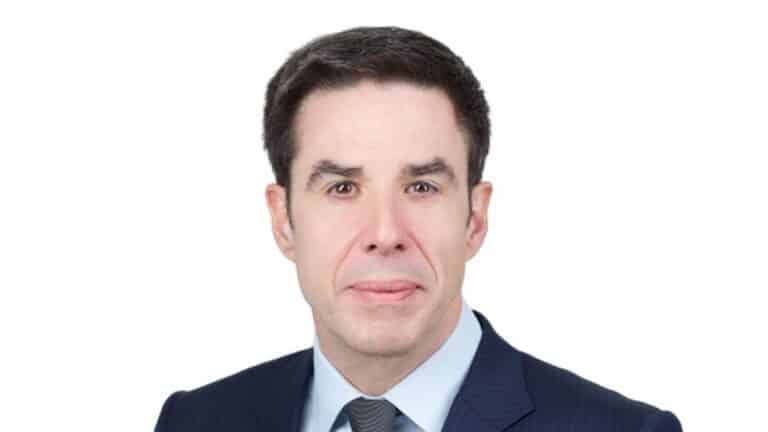This website uses cookies as well as similar tools and technologies to understand visitors’ experiences. By continuing to use this website, you consent to Columbia University’s usage of cookies and similar technologies, in accordance with the Columbia University Website Cookie Notice.
Dr. Erica Downs Joins Columbia Center on Global Energy Policy as a Senior Research Scholar
For media inquiries, please contact Artealia Gilliard at [email protected] or (212) 853-1337, or Genna Morton at [email protected] or (212) 853-0298.
NEW YORK – The Center on Global Energy Policy at Columbia University’s School of International and Public Affairs announced today that Dr. Erica Downs has joined as a Senior Research Scholar to focus on Chinese energy markets and geopolitics. Dr. Downs was formerly a CGEP non-resident Fellow and a Senior Research Scientist in the China Studies division of the CNA Corporation.
“China is the world’s largest energy user and greenhouse-gas emitter. Its future production and consumption patterns at home, as well as its massive global energy investments abroad through its Belt and Road Initiative, have enormous consequences for the global economy, geopolitics, and environment,” said Jason Bordoff, Professor of Professional Practice in International and Public Affairs and Founding Director of the CGEP. “Erica’s deep expertise in these areas illustrate the value she brings to our growing team. We are so pleased to have her on board.”
“We’re thrilled Erica is joining our team,” added David Sandalow, inaugural Fellow and Director of the China Energy and Climate Research Program at CGEP. “China plays a central role in global energy markets, the world’s response to climate change and much more. Her deep expertise on these topics will contribute greatly to understanding of critical issues at this important time.”
Dr. Downs has a distinguished career in Eurasian energy policy with a focus on China. She has over 15 years of experience working in the public and non-profit sectors. She previously worked as a Senior Analyst in the Asia practice at Eurasia Group, a Fellow in the John L. Thornton China Center at the Brookings Institution, an Energy Analyst at the Central Intelligence Agency, and a lecturer at the Foreign Affairs College in Beijing, China.
“I’m excited to join the excellent team at CGEP to help inform leaders across the public, private, and non-profit sectors on critical energy issues,” said Downs. “Jason and David have built a first-rate China research program at CGEP, and I look forward to helping build the Center’s work on China’s climate change policies, domestic energy markets and production, and geopolitical influence in global energy infrastructure and markets. These issues are central to understanding the current and future energy landscape.”
Dr. Downs has managed more than 50 publications in the areas of Chinese energy production and development and its geopolitical positioning. She holds a Ph.D. and an M.A. from Princeton University and a B.S. from the Edmund A. Walsh School of Foreign Service at Georgetown University. She is an honorary Research Fellow at the Centre for Energy, Petroleum and Mineral Law and Policy at the University of Dundee.
###
About the Center on Global Energy Policy
CGEP’s mission is to enable public and private sector leaders to make more informed choices about the world’s most pressing energy issues by providing an independent and interdisciplinary platform for insights and data-driven analysis, convening and information-sharing, education and training, and actionable recommendations on the current and future global energy system.
More News
COP30 and America’s place in fighting climate change
The Trump administration didn't send a delegation to Brazil.
More Top Climate News
Local communities are hosting events where people can bring in their broken goods for repairs—free of charge.
Relevant
Publications
Regulatory Progress for Project-Based Carbon Credit Markets: Pre-COP30 Roundtable Summary
On November 6, 2025, in the lead-up to the annual UN Conference of the Parties (COP30), the Center on Global Energy Policy (CGEP) at Columbia University SIPA convened a roundtable on project-based carbon credit markets (PCCMs) in São Paulo, Brazil—a country that both hosted this year’s COP and is well-positioned to shape the next phase of global carbon markets by leveraging its experience in nature-based solutions.

Opinion: Time for CT to rethink its climate strategy
Connecticut needs an honest debate, and fresh thinking, to shape a climate strategy fit for today, not 2022.

Climate Ambition and Electricity Affordability: Lessons from Connecticut



